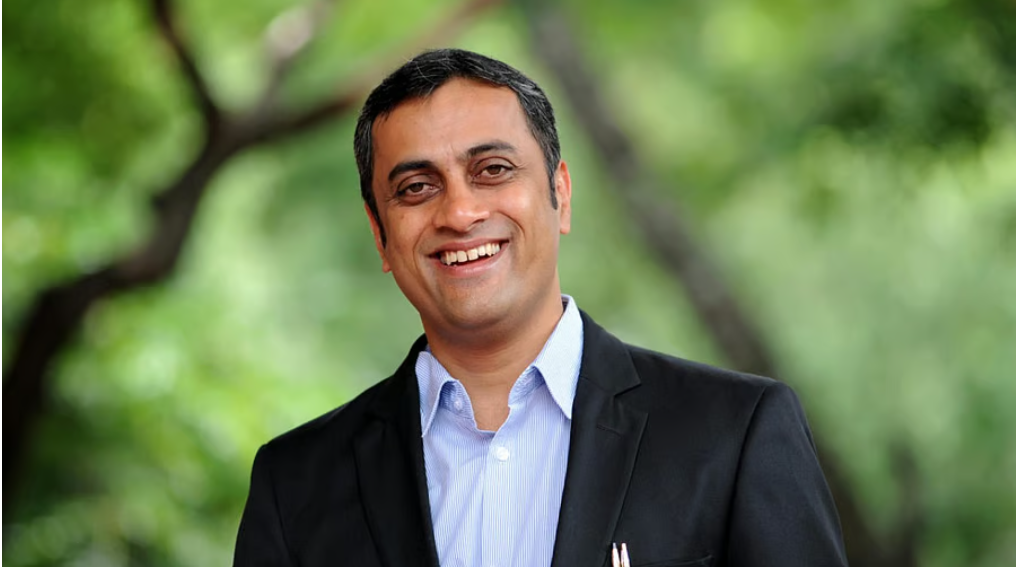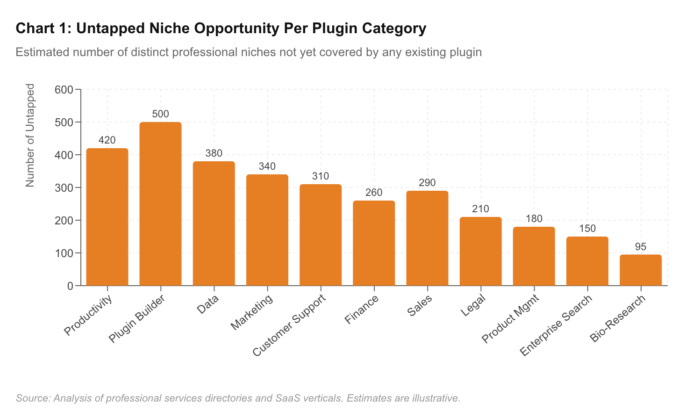Understanding the Patagonia move

Bloomberg’s Matt Levine writes an excellent newsletter – Money Stuff – where he breaks down various kinds of financial news. One of my favorite recent breakdowns was about the Patagonia Founder’s move to donate Patagonia’s profits to climate change.
If you own a business and it is a big successful business and makes a lot of money, you will end up getting a lot of money. If you do not want a lot of money (because you find it embarrassing to be rich, etc.), or if you want to give money to good causes rather than spending it on yachts, you can get your check — a dividend or profit share or whatever — from the company each quarter, and then hand the money over to charity. But there are some problems:
- Getting $100 million a year from your company and donating $100 million a year to charity is not necessarily all that tax-efficient. For instance, charitable donations can be deducted from your taxable income, but there are limits to how much they can reduce that income. If you get $100 million and donate $100 million then you have nothing left over, but you might still owe $10 million of taxes. If the money is coming from your company and going to charity, it might not be ideal for it to make an intermediate stop on your personal tax return. There are frictions.
- If you die, your heirs will get the company, which means they will start getting those checks, and maybe they will start spending the money on yachts instead of charity. You might want to prevent this and keep the money running from the company to charity forever.
- This is sort of a stupid metaphysical point, but if you own 100% of a company that pays you $100 million per year, then you are technically a “billionaire.” This is true even if you get the $100 million each year and give it away immediately, leaving you with no cash at all. The company is an asset, and traditional valuation techniques will tell you that a company that makes a profit of $100 million a year is worth, you know, $2 billion or $3 billion, something like that. [1] Bankers will occasionally show up at your office pitching a deal to sell your company for billions of dollars, because that’s what it’s worth. So even if you give away all the money, you continue to own an asset worth billions of dollars, making you a billionaire. We have talked about this before, in the context of people who would like to be billionaires — there are some bragging rights — and who incorporate and sell stakes in their businesses in order to formalize that status. But if you’re a person who finds it embarrassing to be rich, owning a multibillion-dollar asset is embarrassing.
Here is a straightforward solution:
A half century after founding the outdoor apparel maker Patagonia, Yvon Chouinard, the eccentric rock climber who became a reluctant billionaire with his unconventional spin on capitalism, has given the company away.
Rather than selling the company or taking it public, Mr. Chouinard, his wife and two adult children have transferred their ownership of Patagonia, valued at about $3 billion, to a specially designed trust and a nonprofit organization. They were created to preserve the company’s independence and ensure that all of its profits — some $100 million a year — are used to combat climate change and protect undeveloped land around the globe. …
Patagonia will continue to operate as a private, for-profit corporation based in Ventura, Calif., selling more than $1 billion worth of jackets, hats and ski pants each year. But the Chouinards, who controlled Patagonia until last month, no longer own the company.
But they still control it, more or less:
In August, the family irrevocably transferred all the company’s voting stock, equivalent to 2 percent of the overall shares, into a newly established entity known as the Patagonia Purpose Trust.
The trust, which will be overseen by members of the family and their closest advisers, is intended to ensure that Patagonia makes good on its commitment to run a socially responsible business and give away its profits. … The Chouinards then donated the other 98 percent of Patagonia, its common shares, to a newly established nonprofit organization called the Holdfast Collective, which will now be the recipient of all the company’s profits and use the funds to combat climate change. …
“I don’t respect the stock market at all,” he said. “Once you’re public, you’ve lost control over the company, and you have to maximize profits for the shareholder, and then you become one of these irresponsible companies.”
Instead of the control being in the hands of the family, it is in the hands of a trust controlled by the family. For now those are close to the same thing — Yvon Chouinard just tells the company what to do — but in expectation, 100 years from now, those things will probably produce different outcomes. The way you pick your successors at a Purpose Trust is probably different from how you pick your heirs.
And instead of the profits going to the family, which then donates them to a nonprofit, they go directly to the nonprofit. Which is tax-efficient and, again, removes the possibility of future heirs redirecting the profits to their own yachts. Also it allows Chouinard to say that he “no longer owns the company” and have a New York Times headline saying “Billionaire No More,” which seems to have been an important goal:
“I was in Forbes magazine listed as a billionaire, which really, really pissed me off,” he said. “I don’t have $1 billion in the bank. I don’t drive Lexuses.”
Right, he didn’t have $1 billion in the bank; he had stock in a corporation worth $3 billion. Now he technically does not.
This strikes me mostly as a fairly simple bit of financial planning to achieve an unusual but understandable set of goals. (Stop owning a company without letting anyone else own it, turn a for-profit company into a vehicle for philanthropy without some of the restrictions of becoming a nonprofit company, avoid flowing corporate-to-charity money through personal income.)
Also, though, it is an interesting form of corporate governance. The ordinary rule is that a company is owned by its shareholders, and the shareholders have a claim on its profits, and the shareholders have ultimate authority to hire and fire the company’s board and managers. In public companies with dispersed anonymous shareholders, the board and managers mostly run the company without too much shareholder interference, and they assume that the shareholders just want them to maximize profits. In companies with controlling shareholders, the controlling shareholders tend to have real authority over the managers, and can tell them what they want to maximize, which may or may not be profits. (In public companies with lots of environmental, social and governance-minded investors, the ESG investors can also lobby the managers to maximize something other than profits.) The shareholders’ residual claim on the company’s profits and their ability to tell the managers what to do are related, but they don’t absolutely have to go together. The shareholders could come to the managers and say “as shareholders, we control the company, and we instruct you to stop giving us the profits and start giving them to charity instead.” That’s more or less what happened here.










